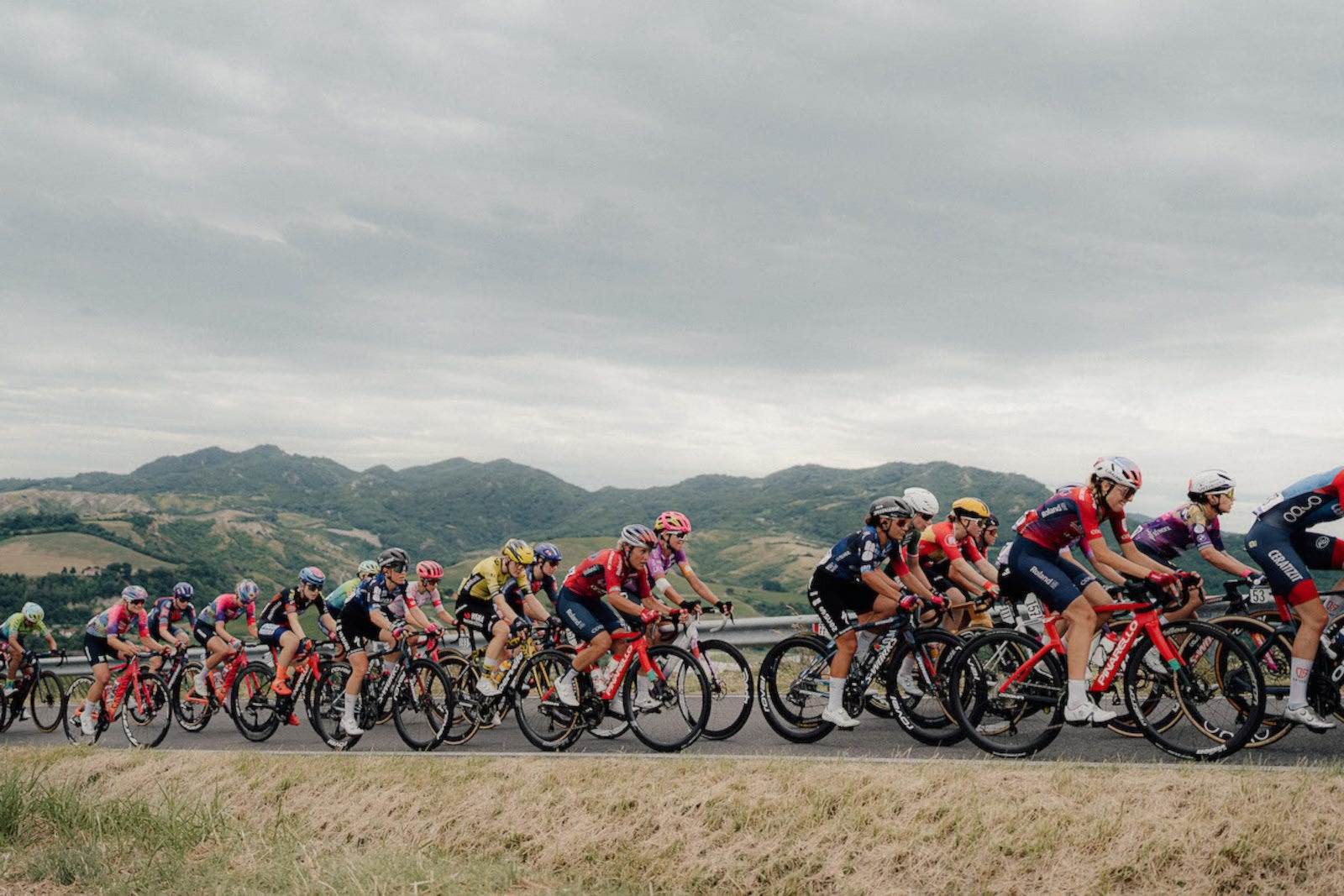The Cyclists’ Alliance is condemning what it calls a mishandling of events at the Tour de Romandie Féminin, after 30 riders were disqualified from one of the last WorldTour stage races of the season.
The advocacy group, which represents women’s professional cyclists worldwide, said athletes were kept in the dark as a dispute between teams and the UCI over new tracking requirements spiralled into widespread disqualifications.
The drama of Stage 1
“Some riders only found out that they would not race on the morning of Stage 1,” the group said in a statement, calling the situation unfair to those still seeking contracts for next season.
The Alliance stressed that while the dispute was technically between teams and cycling’s world governing body, the consequences fell directly on the riders — and they should have been consulted throughout.
Heartbreak for Urška Žigart in finale of Tour de Romandie Féminin
“Riders have a right to be informed about situations and decisions that will materially impact them and their career,” the statement said. It also flagged concerns about how personal and performance data is collected and used in the name of safety.
The UCI has defended the tracking measure as part of a broader push to improve race safety. But the Alliance argues safety initiatives should be pursued “through consultation, collaboration and communication with riders and teams,” rather than imposed without dialogue.
Moving forward for common goals
Despite the controversy, the group said it shares the governing body’s ultimate goal. “Every stakeholder in cycling can agree that we all want safer races. This is a common goal,” the Alliance noted. “Safer cycling is a win-win-win for all stakeholders.”
For Canadian cyclists, two key riders were unable to compete in a race that would have suited them. Lidl–Trek’s Bella Holmgren did not start, nor did Magdeleine Vallières of EF Education – Oatly. It was a pity for both talented riders.
Founded and led by former and current professionals, the Cyclists’ Alliance advocates for fair working conditions, equal opportunity and a sustainable future for women in the sport.
Click Here to Read the Full Original Article at Canadian Cycling Magazine…

